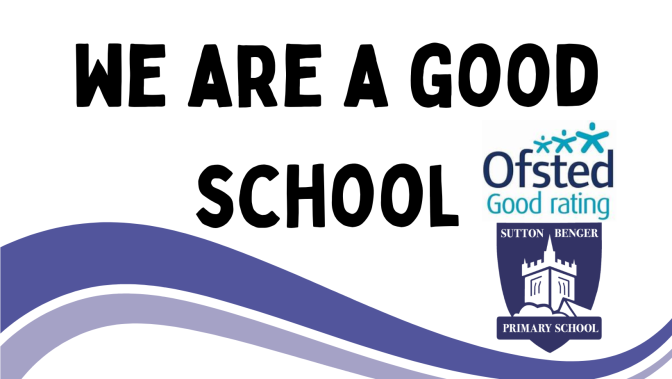Reading & Writing
Unlocking letters and sounds:
In both EYFS and Year 1 we use 'Unlocking Letters and Sounds' to teach our chidlren phonics.
EYFS - We begin teaching phonics in the first few weeks of Reception and children make rapid progress in their reading journey. Children begin to learn the main sounds heard in the English Language and how they can be represented, as well as learning ‘Common Exception’ words. They use these sounds to read and write simple words, captions and sentences. Children leave Reception being able to apply the phonemes taught within Phase 2 (single graphemes), Phase 3 (digraphs and trigraphs) and Phase 4 (applying these in more complex words - e.g. tent, train).
Year 1 - Children learn alternative spellings and pronunciations for the graphemes they know and additional Common Exception Words. By the end of Year 1 children will have mastered using phonics to decode and blend when reading and segment when spelling. In Year 1 all children are screened using the national Phonics Screening Check.
Children are regularly assessed and supported to keep up their progress in phonics through bespoke 1-1 interventions. These include GPC recognition and blending and segmenting interventions.
Reading at home:
- Establish a regular time and place for daily reading, such as before bed or first thing in a morning.
- Keep a variety of reading materials available (picture books, fiction, non-fiction, atlases, dictionaries, magazines, newspapers, join the library and visit regularly).
- Share your own experiences of books (eg. talking about favourite book) and read yourself – children will want to follow your example!
- Lots of talk! Ask questions encouraging children to think and make predictions about what they are reading.
- Involve children in reading for specific uses as well as pleasure (eg. shopping list).
Home reading books:
- Look at the front cover, back cover and pictures to engage children.
- Encourage children to point to the words as they read.
- Give children time and encouragement to have a go at reading independently.
- If they are stuck on a word support them with blending, rather than telling them.
- Make the experience interactive by asking questions about the story, the pictures and what they think of the characters – focus on understanding as well as word decoding.
- Encourage children to spot any spellings they are learning (esp. tricky words which they cannot sound out e.g. the, you, was).
Useful questions to support your child’s reading:
- What kind of book is it? (fiction/ non-fiction/ poetry etc)
- Can you tell anything about the book before you start reading? How do you know?
- What has happened so far?
- What do you think might happen next? Why?
- How would you like the story to end?
- Where is the story set?
- Who are the characters? Who do you like? Dislike? Why?
- What is your favourite part of the story?
- Can you retell this part of the story?
- Can you think of words that start with the same sound / rhyme?
Something new to read...
Want some new books to read with your child? Follow this link to the Book Trust website and explore...
www.booktrust.org.uk/books-and-reading/bookfinder/
